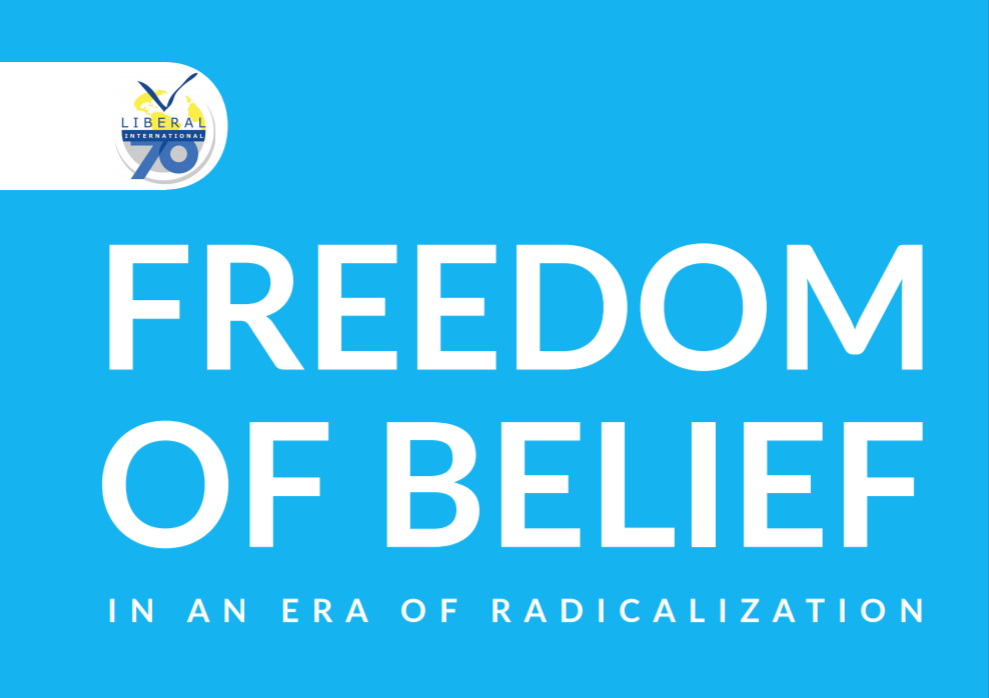Freedom of Belief in an Era of Radicalization
Excerpt:
“Freedom of religion or belief does not — and indeed cannot — protect religions or belief systems themselves: that is, their various truth claims, teachings, rituals or practices. Instead, it empowers human beings — as individuals, as well as in community with others — who profess religions or beliefs and may wish to shape their lives in conformity with their convictions. The reason for this focus on “believers rather than beliefs” (as it has been summed up succinctly) is not that human rights reflect a certain “anthropocentric world view”, as some observers have wrongly inferred. Instead, a main reason is that religions and beliefs are very different; often even irreconcilably so, in their messages and normative requirements. Religions and beliefs reflect an abundance of diverse teachings, doctrines, ideas of salvation, norms of conduct, liturgies, holidays, fasting periods, dietary customs, dress codes and other practices. Moreover, interpretations of what matters religiously may differ widely, not only between but also within religious communities. Hence, the only common denominator identifiable within such vast diversity seems to be the human being, who is the one professing and practising his or her religion or belief, as an individual and/or in community with others.”
For more information, read Freedom of Belief in an Era of Radicalization.

